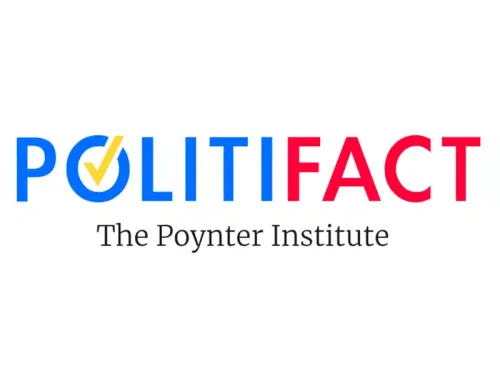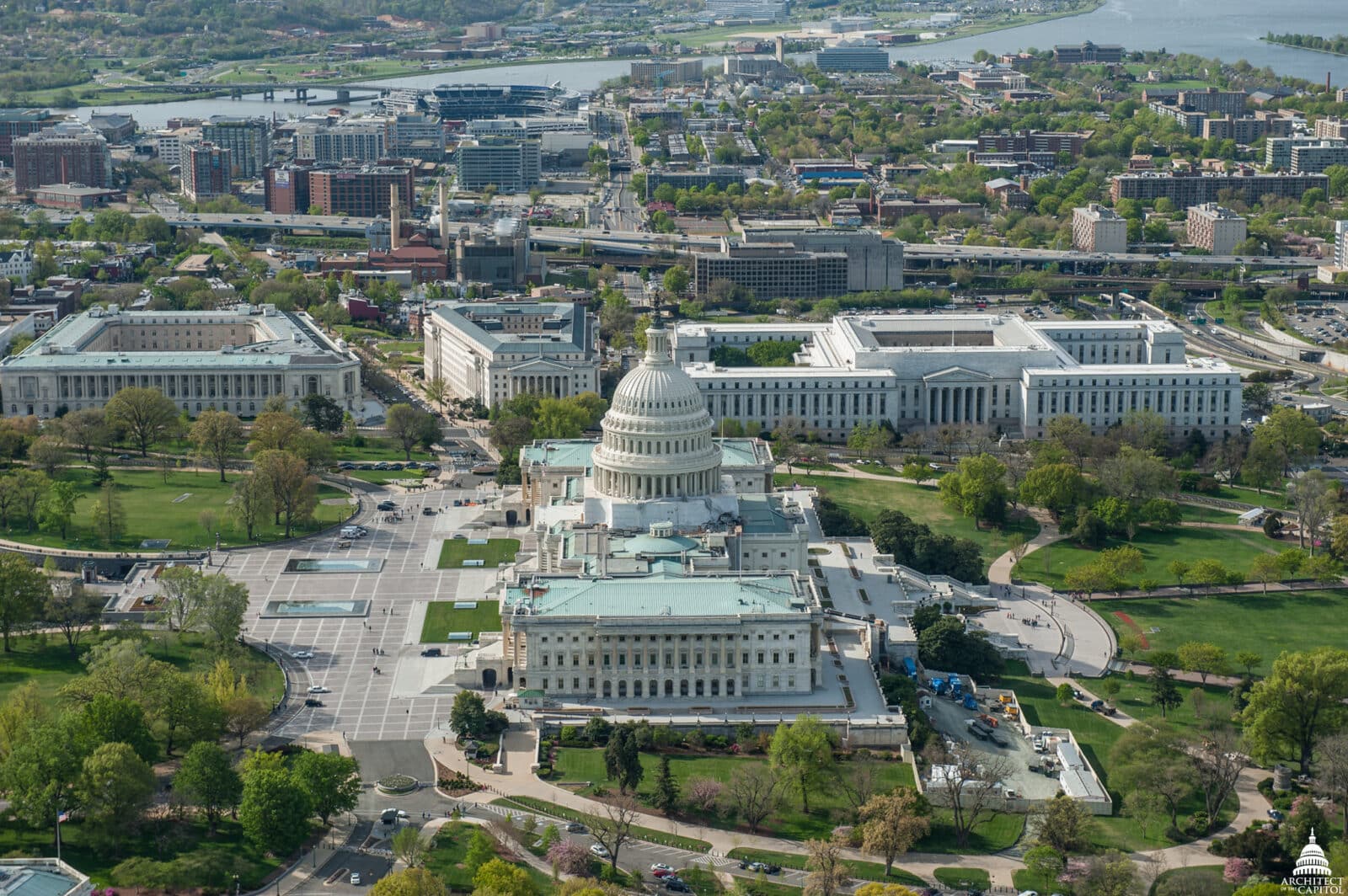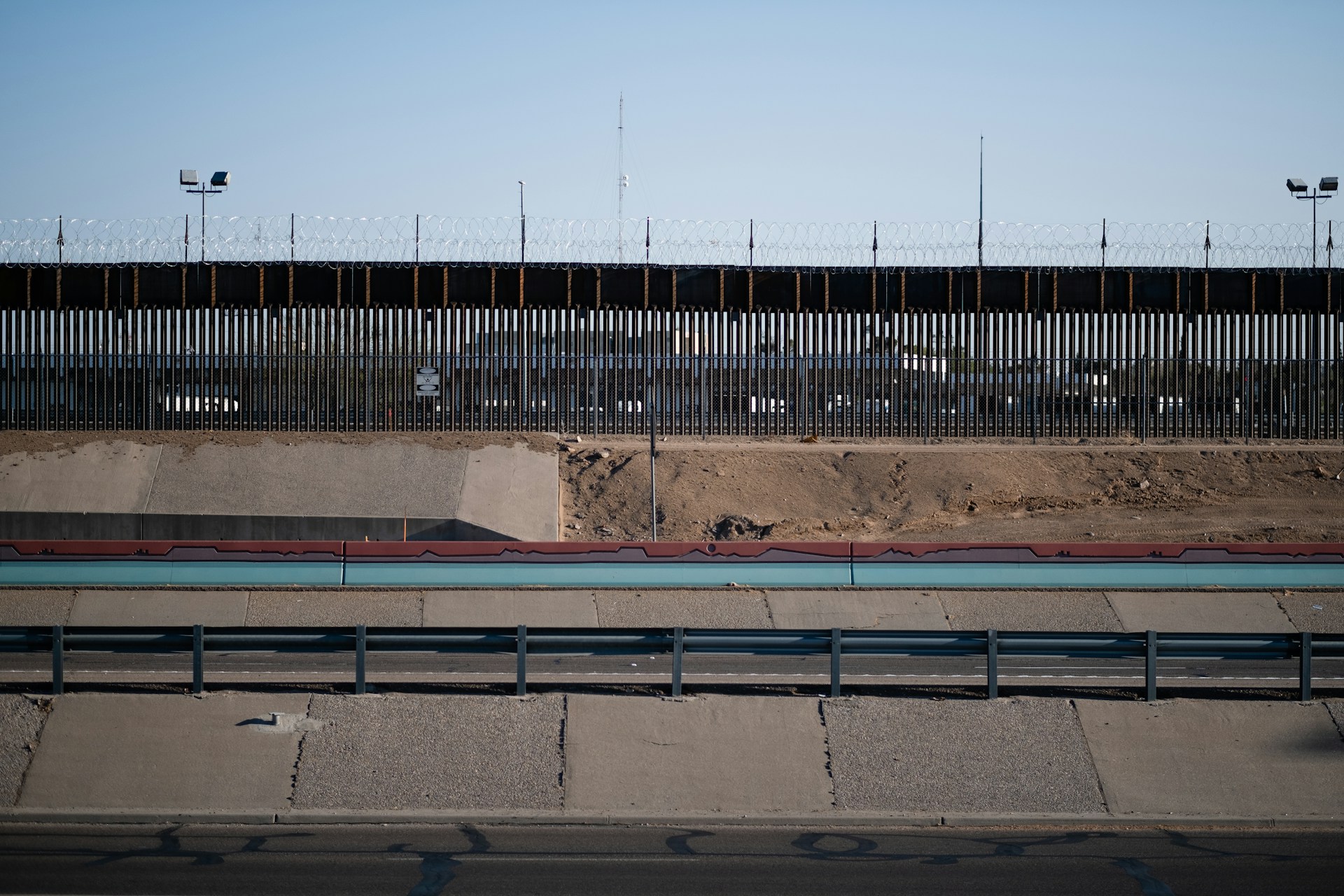Even though giving away a chunk of federal land (part of it a National Wildlife Refuge) valued at over $65 million could lead taxpayers to spend millions more dollars restoring salmon runs, a few in Congress are pushing just such a scheme.
With the Cold War over, the Department of Energy has determined that some of their nuclear weapons facilities are no longer necessary for national security. As potential new uses for these lands are being considered, Rep. “Doc” Hastings (R-WA) has introduced legislation to give away one such piece of land to County and State governments. Presumably, local agencies would then sell the land to private development interests at a profit.
The piece of land, known as Hanford Reach, includes over 90,000 acres surrounding the Hanford Nuclear Reservation on the Columbia River in southeastern Washington.
Giving this land away could cost taxpayers twice. Not only is the land valued at over $65 million, according to the U.S. Fish and Wildlife Service (FWS), but giving it away could lead to increased expenditures to maintain salmon stocks in the Columbia River. Hanford Reach supports the last great salmon run on the heavily-dammed Columbia River, where the area’s hydroelectric ratepayers already spend about $435 million annually to restore fish stocks. Much of Hanford Reach would likely be converted to irrigated agriculture, which has created problems for salmon runs elsewhere on the river. According to FWS, seepage from irrigated agriculture has caused a series of “progressively larger landslides” which require “millions of federal dollars just to stop the erosion and protect the remaining resources.”
Ironically, this former “buffer area” for highly toxic nuclear reactors is also valued for its pristine condition and wildlife habitat. So much so that one third of it is currently a National Wildlife Refuge and the stretch of the Columbia that runs through Hanford is being considered for Wild and Scenic River designation. According to American Rivers, the giveaway would be the first transfer of a National Wildlife Refuge into non-federal hands.
SNIP-ITS: Economist Supports Congestion Pricing
The December 6 issue of The Economist recommends pricing roads “like any other scarce commodity” to reduce congestion and prevent future taxpayer expenditures on new roads. According to the article, “Only by making drivers pay for the costs they impose on society can the demand for motoring be brought into line with restricted supply. The choice for drivers is simple: queue or pay.”












Get Social